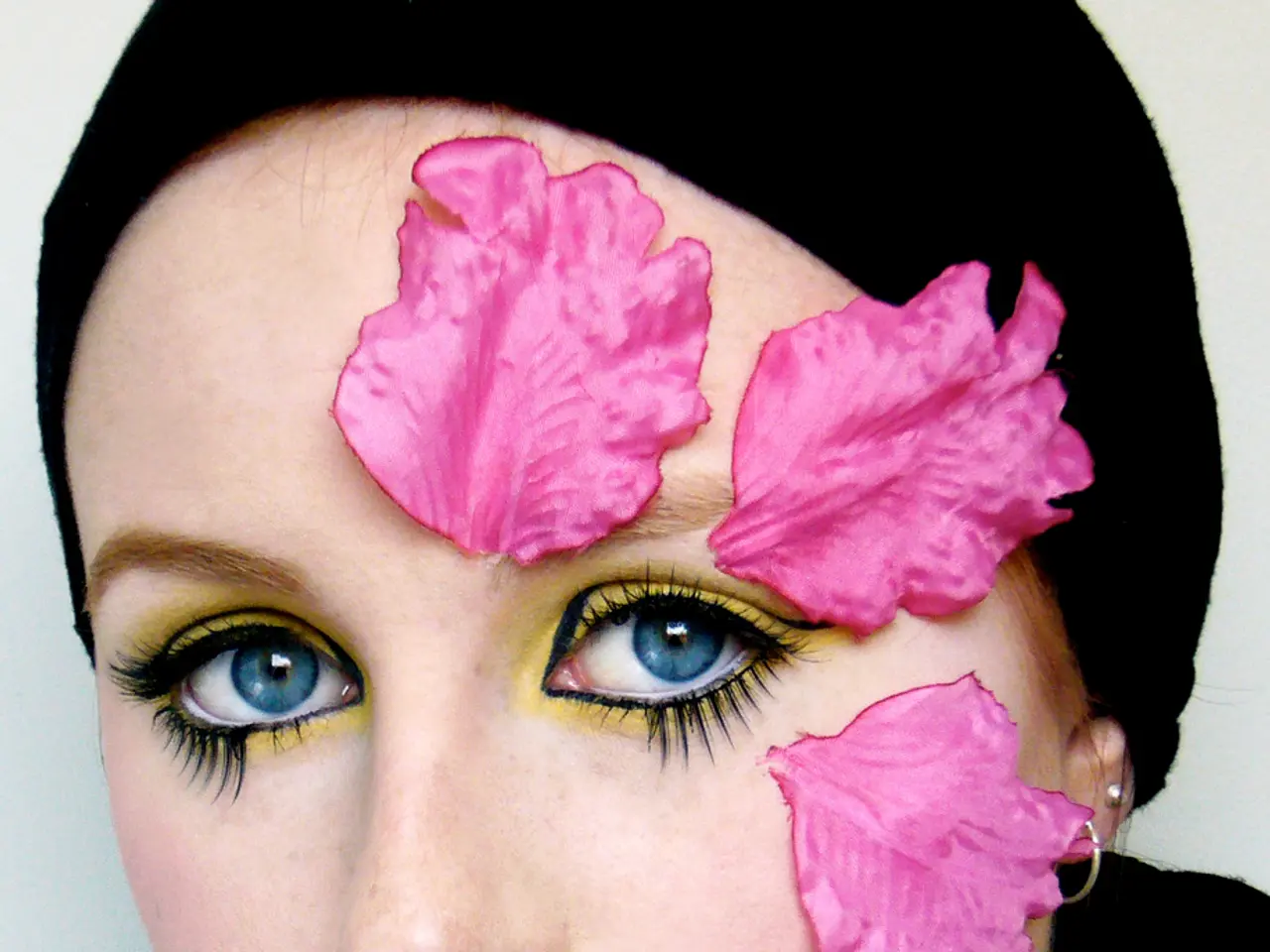Makeup variety reaches unprecedented levels, catering to all demographics
The beauty industry is undergoing a significant transformation, with a growing focus on diversity, inclusivity, and personalization. Here's a look at some key trends and developments shaping the world of makeup:
### 1. **Diversity and Inclusion**
Brands like Fenty Beauty and Ami Cole are leading the charge, offering a wide range of shades for individuals with melanin-rich skin. Fenty Beauty, for instance, provides 50 shades of foundation and concealer. Moreover, brands are increasingly featuring plus-sized models and offering gender-neutral products, setting a precedent for inclusivity in advertising and product lines.
### 2. **Hyper-Personalization with Technology**
The use of artificial intelligence (AI) and augmented reality (AR) is becoming commonplace, enabling consumers to find products tailored to their specific needs. Technology like Nuon Medical’s Compact Skin Analyzer provides real-time skin data, empowering consumers to make informed decisions about their skincare routines.
### 3. **Sustainability and Biotech Innovations**
The beauty industry is moving towards more sustainable practices, with a focus on natural and organic ingredients. Biotech innovations are also aligning with consumer demands for environmentally friendly products. Many brands are now creating products suitable for a wide range of skin types and tones, ensuring that everyone can benefit from advanced skincare and makeup formulations.
### 4. **Cultural Impact and Globalization**
The digital era has made global beauty trends more accessible. Brands are now marketing products that cater to diverse cultural heritages, breaking down barriers in the beauty industry. Makeup is increasingly seen as a tool for self-expression and empowerment, allowing individuals to celebrate their unique characteristics.
### 5. **Emerging Trends for 2025**
Trends are balancing between minimalist approaches like skinimalism and maximal makeup, reflecting a shift towards versatile beauty practices. The use of advanced tools like sonic wands and LED mouthpieces is becoming popular, combining beauty with wellness.
The new generation of adult consumers believes in an active, healthy lifestyle and wants to age well. This demographic is increasingly powerful and should be represented in R&D processes and advertising campaigns. The halal cosmetics market is experiencing significant growth, catering to this consumer group's preferences.
Gender fluid or gender neutral products are gaining popularity, with brands encouraging men to fully embrace self-care. Four out of ten adults in the US think there should be more than two gender options on official documents. The modern world has a growing demand for beauty products that reference an individual's cultural heritage, particularly in Indonesia.
Provital is committed to developing active ingredients for beauty brands that champion diversity and innovation. Androgynous and non-binary products are becoming more common, reflecting the industry's commitment to inclusivity. The current state of makeup reflects a strong emphasis on inclusivity, technology-driven personalization, and sustainability. As the industry evolves, it continues to cater to a broader range of consumers across diverse backgrounds.
- Finance plays a crucial role in the growth and development of businesses in the beauty industry, especially those focused on diversity and inclusion, such as Fenty Beauty and Ami Cole.
- In the realm of fashion-and-beauty and lifestyle, the use of technology, particularly AI and AR, is increasingly prevalent, enabling hyper-personalization and catering to individual's specific needs.
- The emerging trends in business, particularly in the beauty industry, reflect a growing demand for products that are not only aesthetically pleasing, but also sustainable, gender-neutral, and culturally appropriate, as seen in the rise of halal cosmetics and non-binary products.




